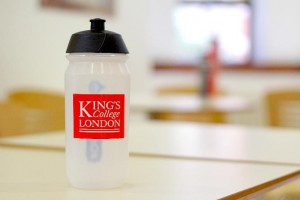From 1 October 2017, all electricity directly purchased by King’s is supplied from wind power backed by REGO (Renewable Energy Guarantees of Origin) certificates. Wind backed REGO certificates guarantee that our electricity is supplied from UK renewabl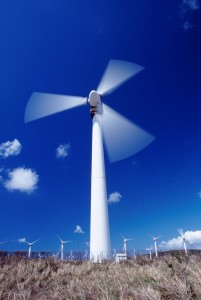 e wind sources, making our electricity carbon free.
e wind sources, making our electricity carbon free.
This includes electricity supplied to King’s directly from our energy suppliers, but excludes electricity provided by NHS Trusts on campuses with shared space.
King’s has a target to reduce CO2 emissions by 43% by 2020 compared to a 2005/06 baseline, and is committed to becoming carbon free by 2025. Purchasing renewable energy is a significant step towards this goal. In addition, King’s has made significant investments in low-carbon energy on campus in recent years. Several buildings, including Great Dover Street Apartments and Champion Hill, are equipped with solar panels, and Denmark Hill Campus and Champion Hill have Combined Heat and Power (CHP) plants on site.
So far, King’s has achieved a 26% reduction in CO2 emissions by 2015/16 against a 2005/06 baseline. A recent report by Brite Green placed King’s in second place for carbon reduction within the Russell Group. The report also showed that King’s has successfully decoupled growth from growing carbon emissions, with emissions intensity (tonnes of CO2 emitted/£ of income) falling by 59% since 2008. This was the seventh best across the 127 English universities analysed.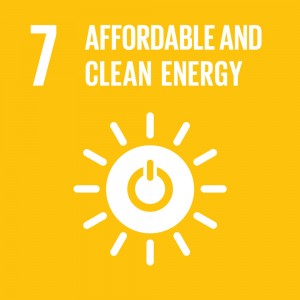
Kat Thorne, Head of Sustainability, said: ‘Purchasing our electricity from renewable sources is an important step for us here atKing’s on our journey to zero carbon by 2029. Climate change requires an urgent response from all of us and here at King’s we will continue to identify and implement actions to reduce our energy use and related carbon emissions.’


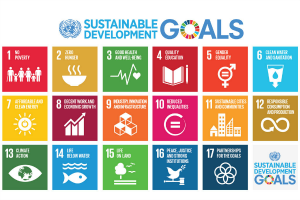
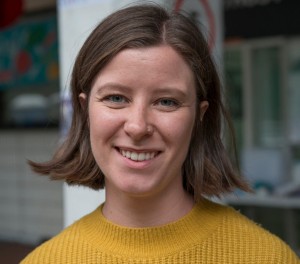 the King’s Sustainability Team as their new Sustainability Projects Assistant. The passion and drive in the team to make King’s as sustainable as possible is palpable, and I am excited to be part of a university that is dedicated to embedding the ethos of sustainability across all of its practices.
the King’s Sustainability Team as their new Sustainability Projects Assistant. The passion and drive in the team to make King’s as sustainable as possible is palpable, and I am excited to be part of a university that is dedicated to embedding the ethos of sustainability across all of its practices.